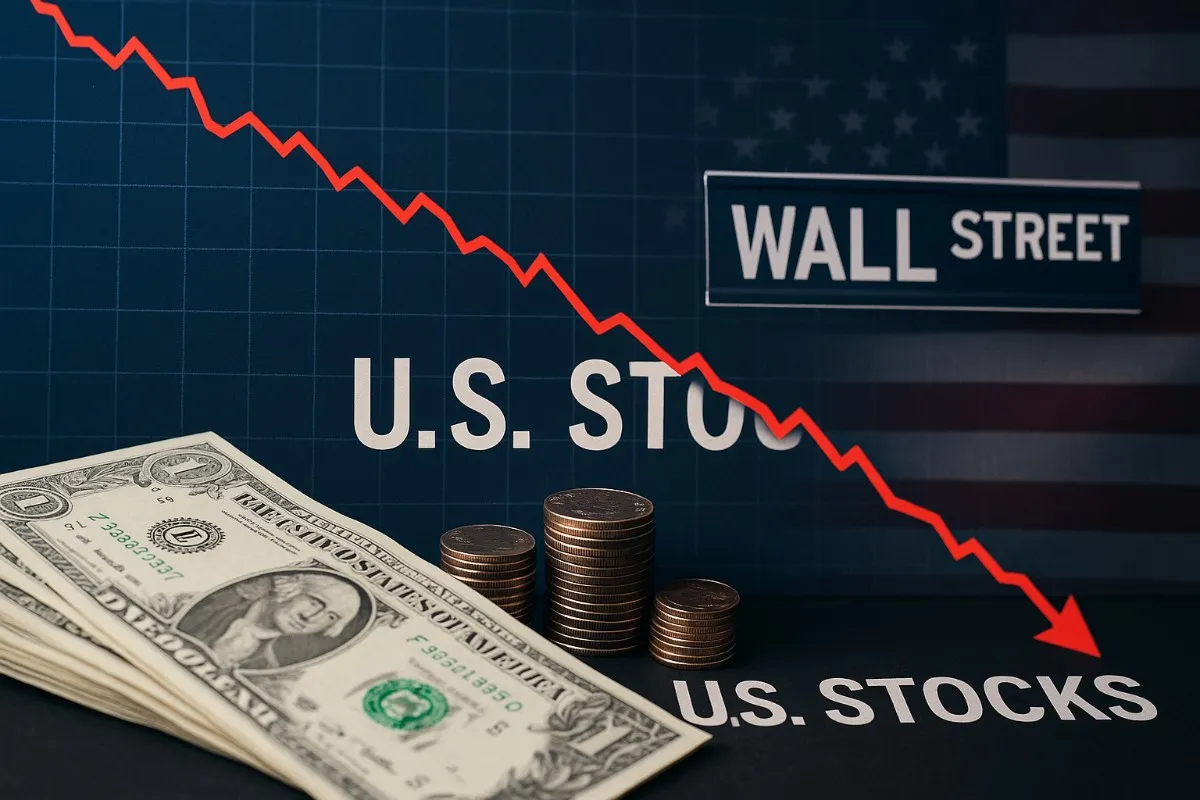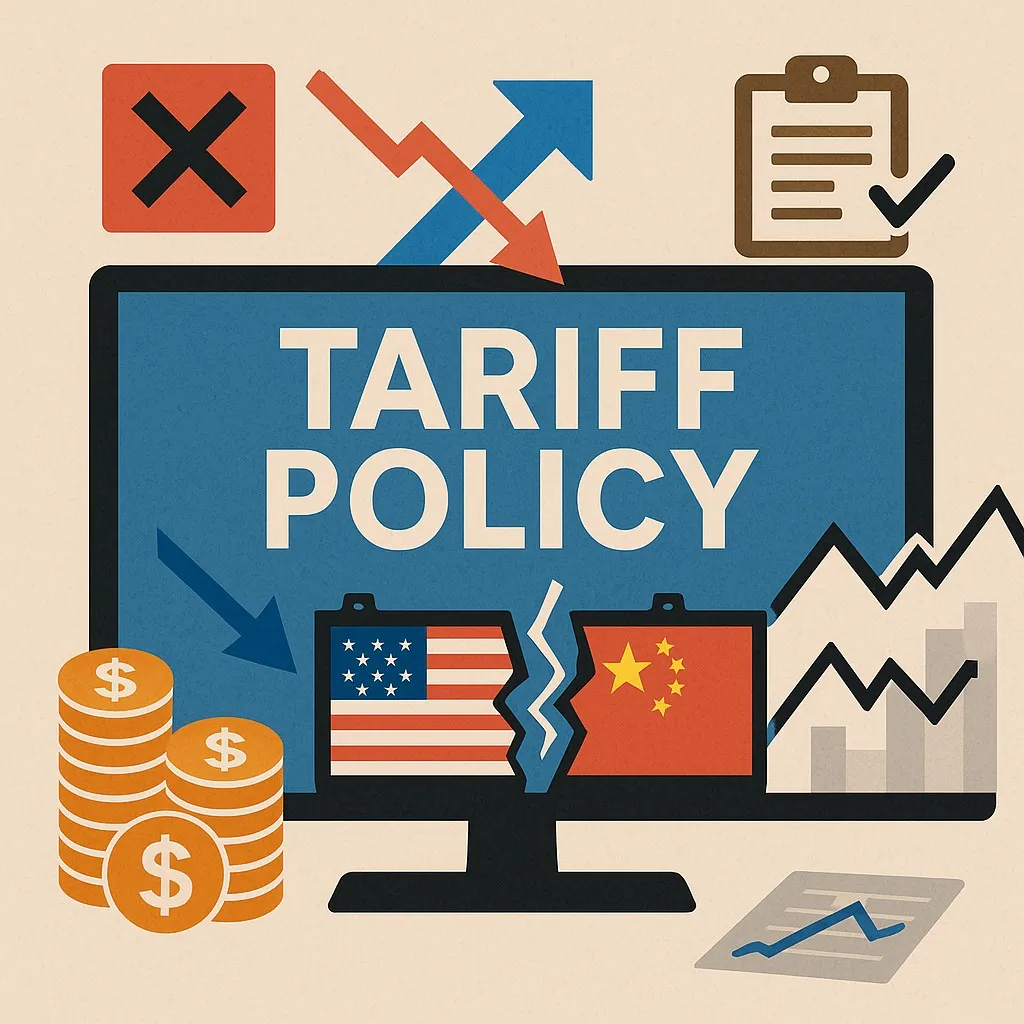
The U.S stock markets goes down
A lot of people sold stocks today because they were worried about how high IT stocks were.The S&P 500 and the Nasdaq, two other important indexes, also went down
Watching Tariff Policy and Trade Tensions

T
he United States is once again the center of the world's economic attention as trade tensions and tariff disputes heat up and change how people think about the market. People, businesses, and investors all over the country are paying close attention to what happens in Washington. This is because global supply systems are still recovering from the pandemic. The renewed focus on tariffs shows how much the way the U.S. does business affects the cost of making things, the price of imports, and relations with other countries.



What the U.S. Tariff Policy Looks Like Right Now
Recent talks about U.S. tariff policy have led people to believe that the government might change how it protects the economy and enforces trade rules. Policymakers are trying to strike a balance between keeping import taxes low so they don't cause inflation and protecting American businesses. Changes in tariffs can have a big effect on the cost of making things and the stability of the supply chain for industries like technology, steel, agriculture, and car manufacturing.
Market experts think that the US might be trying to get ahead of its competitors by looking at tariffs again and dealing with long-standing worries about unfair trade practices. As regulatory bodies look into targeted tariffs on important industries, companies are getting ready for changes in how they get goods, ship them, and charge for them.
What it means for trade between the U.S. and China
The US and China not getting along is a big reason why we have trade problems right now. The business relationship between the U.S. and China is still a big worry. Talks are mostly about national security, access to technology, and protecting intellectual property. If tariffs go up or Chinese imports are more limited, it could affect prices for U.S. consumers and profits for U.S. businesses, especially in the electronics, retail, and manufacturing sectors.
The bad feelings between these two countries make the world's markets nervous. Businesses that work in both economies are weighing the risks they are taking and coming up with ways to spread out their operations so they don't rely too heavily on one area. The trade problems that have been going on for a long time could get worse or better depending on what policymakers in Washington decide. These issues have been a big part of one of the most important economic links in the world.
Get the latest news right in your inbox. We never spam!
What it means for people and businesses in the U.S.?
Changes to tariff policy can have a direct impact on U.S. businesses and consumers. If a company needs to buy raw materials or parts from another country, it may have to pay more to make things. This could make everyday things more expensive. Small to medium-sized businesses may feel the most pressure because they can't change their supply chains as easily.
Customers may see changes in the prices of things like electronics and household goods. At the same time, American farmers and exporters are still keeping an eye on how other countries' tariffs can affect demand in those countries. How bad trade tensions are and whether diplomatic talks lead to a way to long-term stability will determine how much the economy will be affected.
Future Outlook and Economic Forecast
Economists say we need to keep a close eye on global markets as the US changes its tariff policy. Investors are keeping an eye on things like manufacturing output, inflation patterns, and international commodity prices to see what long-term effects they might have. New tariffs might help some industries at home, but they also come with risks that could hurt jobs, make exports less competitive, and slow GDP growth.
Changes in international diplomacy, the state of the global economy, and political interests are all likely to affect U.S. trade policy in the future. People all over the world are still watching to see how Washington's choices will affect the future of global trade.
03 Comments
Vestibulum euismod, leo eget varius gravida, eros enim interdum urna, non rutrum enim ante quis metus. Duis porta ornare nulla ut bibendum
Sed ac lorem felis. Ut in odio lorem. Quisque magna dui, maximus ut commodo sed, vestibulum ac nibh. Aenean a tortor in sem tempus auctor
Donec in ullamcorper quam. Aenean vel nibh eu magna gravida fermentum. Praesent eget nisi pulvinar, sollicitudin eros vitae, tristique odio.